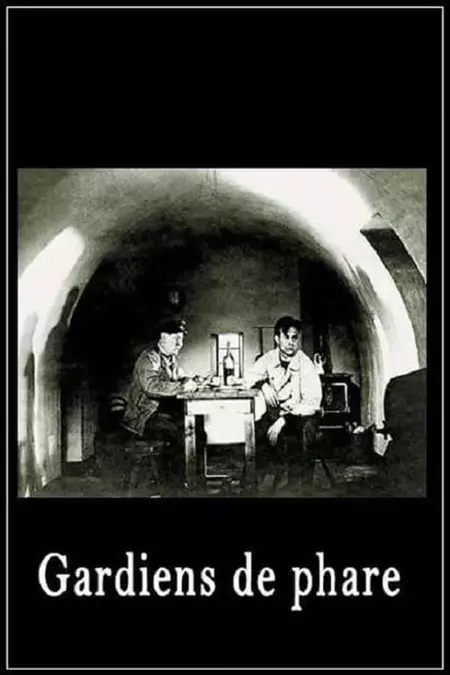Branded to Kill (1967)
Branded to Kill (1967)

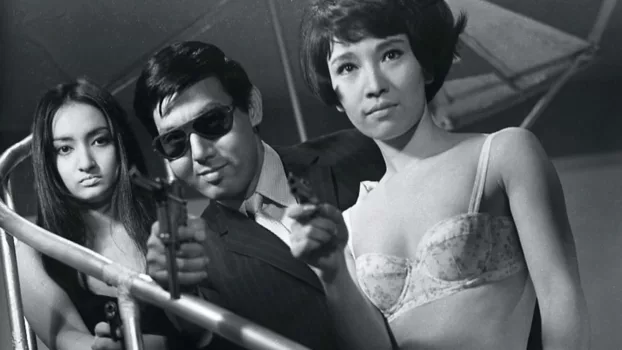
Plot.
Where to Watch.
 Subs
Subs Rent
Rent Rent
Rent Rent
RentCurrently Branded to Kill is available for streaming online, rent, buy or watch for free on: Criterion Channel, Apple TV, Amazon Video, Fandango At Home
Streaming in:🇺🇸 United States

Cast & Crew.

Jō Shishido
Gorô Hanada

Kôji Nanbara
No. 1

Isao Tamagawa
Michihiko Yabuhara

Annu Mari
Misako Nakajô
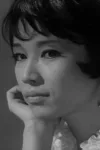
Mariko Ogawa
Mami Hanada

Hiroshi Minami
Gihei Kasuga

Hiroshi Chō
Bartender

Atsushi Yamatoya
No. 4 Killer Ko / Theme Song Performance / Screenplay

Takashi Nomura

Tokuhei Miyahara

Hiroshi Midorikawa
Optometrist

Kosuke Hisamatsu
Jeweler

Franz Gruber
Western Man (uncredited)

Akira Hisamatsu
Jeweler

Seijun Suzuki
Director / Screenplay

Kaneo Iwai
Producer

Takiko Mizunoe
Producer

Kazue Nagatsuka
Director of Photography
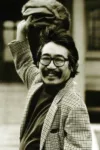
Naozumi Yamamoto
Original Music Composer

Masami Kuzū
Assistant Director

Akira Suzuki
Editor

Motozō Kawahara
Art Direction

Akira Yamashita
Production Manager

Yoshinobu Akino
Sound

Kakuo Watai
Fight Choreographer

Saburo Mitsuo
Gaffer

熊野煕子
Script Supervisor

Yasuaki Hangai
Screenplay
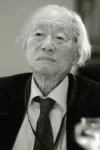
Takeo Kimura
Screenplay

Yōzō Tanaka
Screenplay

Seiichirō Yamaguchi
Screenplay
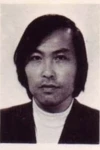
Chūsei Sone
Screenplay
Media.




















Details.
Release DateJune 15, 1967
Original Name殺しの烙印
StatusReleased
Running Time1h 31m
Genres
Last updated:
This Movie Is About.
Wiki.
Branded to Kill (Japanese: 殺しの烙印, Hepburn: Koroshi no Rakuin) is a 1967 Japanese black comedy yakuza film directed by Seijun Suzuki and starring Joe Shishido, Koji Nanbara, Annu Mari and Mariko Ogawa. The story follows contract killer Goro Hanada as he is recruited by a mysterious woman named Misako for a seemingly impossible mission. When the mission fails, he is hunted by the phantom Number One Killer, whose methods threaten his life and sanity.
Branded to Kill was designated by its production company and distributor, Nikkatsu, as a low-budget B movie. Dissatisfied with the original script, the studio called in Suzuki to rewrite and direct the film shortly prior to the start of production. Suzuki came up with many of his ideas for the project the night before or on the set while filming, and welcomed ideas from his colleagues; the screenplay is credited to Hachiro Guryu, a writing collective that consisted of Suzuki and seven other writers, including his frequent collaborators Takeo Kimura and Atsushi Yamatoya. Suzuki gave the film a satirical, anarchic and visually eclectic bent, which the studio had previously warned him away from. The brief turnaround Suzuki was given to make Branded to Kill meant that post-production on the film was completed only a day before its pre-scheduled release on June 15, 1967.
The initial critical and commercial failure of Branded to Kill prompted Nikkatsu to ostensibly fire Suzuki for making "movies that make no sense and no money". In response, Suzuki successfully sued Nikkatsu, and garnered support from student groups, like-minded filmmakers and the general public, causing a major controversy throughout the Japanese film industry. Suzuki was blacklisted and did not make another feature film for a decade, but became a countercultural icon.
By the 1980s, Branded to Kill had gained a strong international cult following; film critics and enthusiasts now regard it as an absurdist masterpiece. It has been cited as an influence by filmmakers such as Jim Jarmusch, John Woo, Park Chan-wook, Quentin Tarantino and Nicolas Winding Refn, and composer John Zorn. Branded to Kill inspired a loose 1973 Roman Porno remake directed by Yamatoya, Trapped in Lust, and a loose 2001 sequel, Pistol Opera, directed by Suzuki for Nikkatsu. The company has also hosted two major retrospectives spotlighting his career.
You May Also Like.
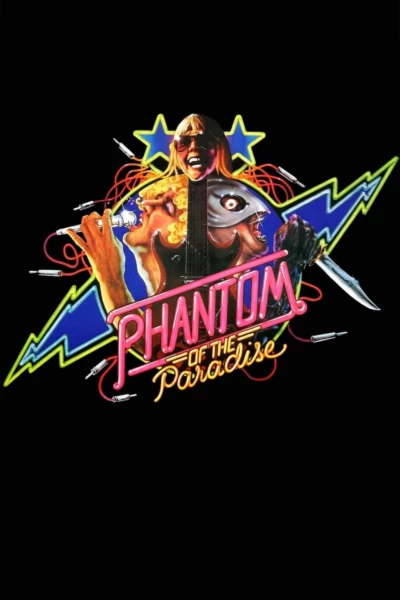
Phantom of the Paradise (1974)
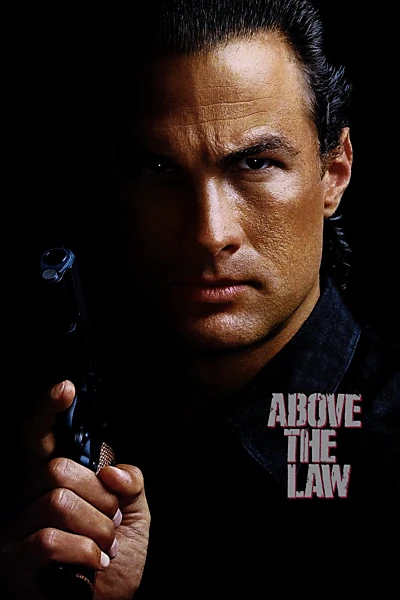
Above the Law (1988)
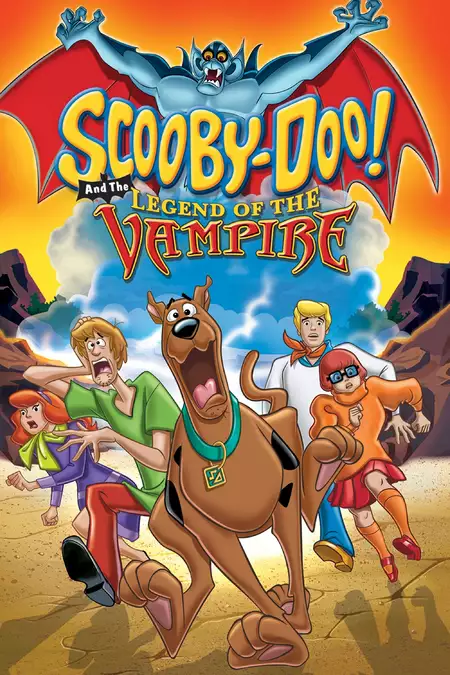
Scooby-Doo! and the Legend of the Vampire (2003)
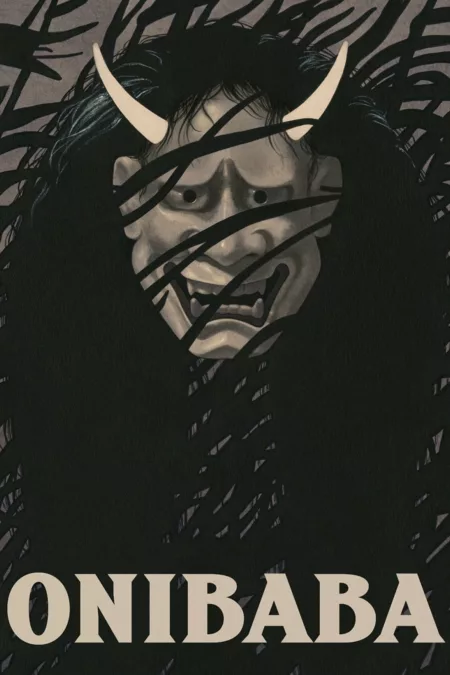
Onibaba (1964)
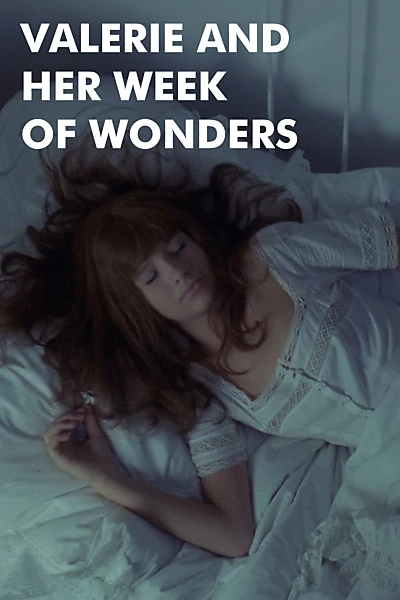
Valerie and Her Week of Wonders (1970)
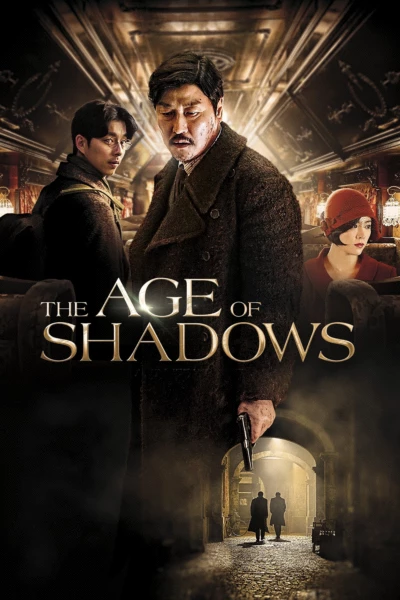
The Age of Shadows (2016)
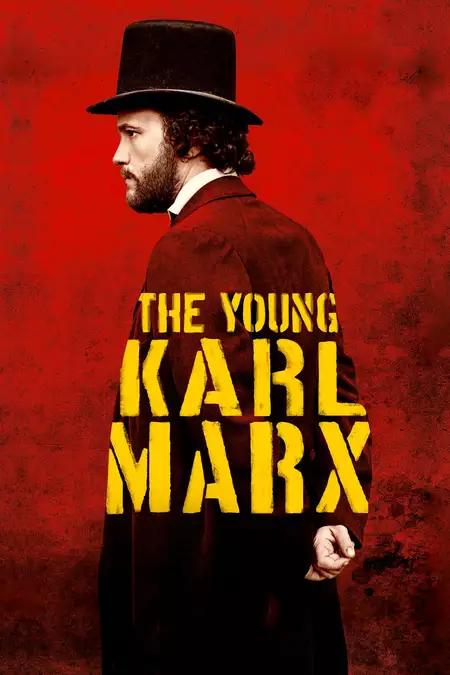
The Young Karl Marx (2017)
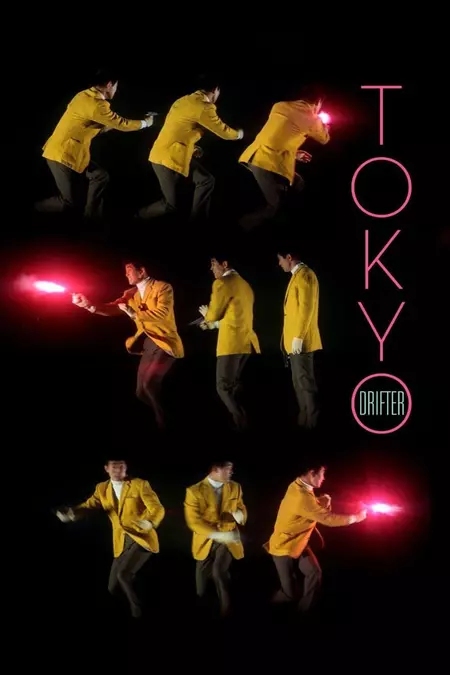
Tokyo Drifter (1966)
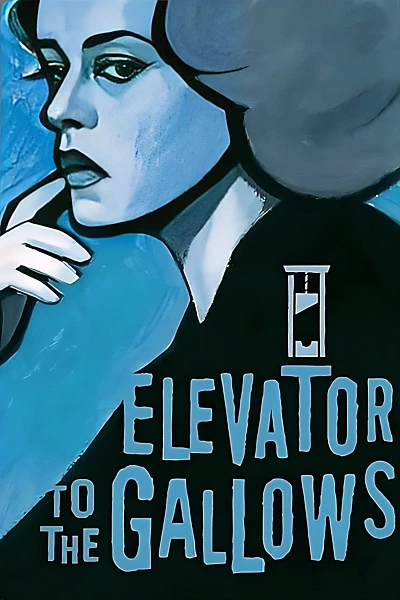
Elevator to the Gallows (1958)
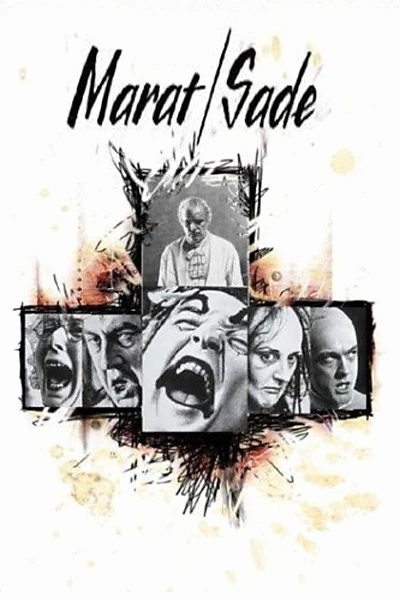
Marat/Sade (1967)
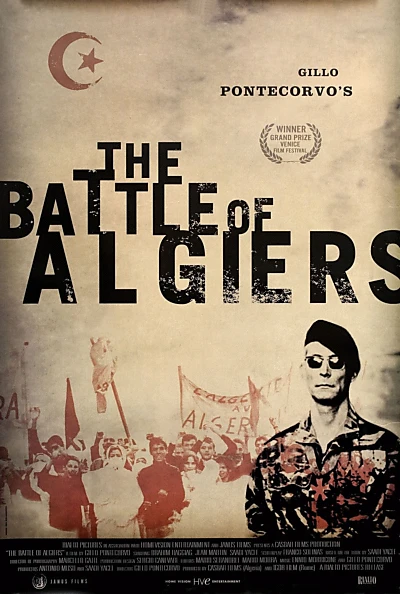
The Battle of Algiers (1966)
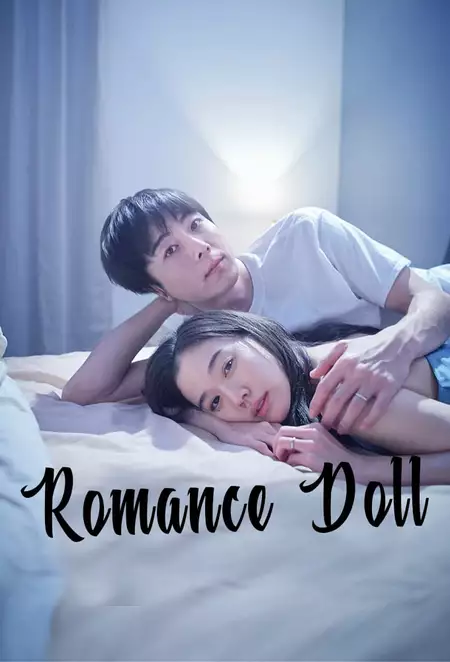
Romance Doll (2020)
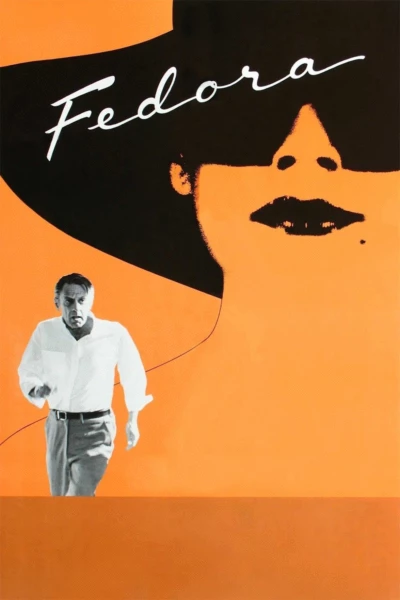
Fedora (1978)
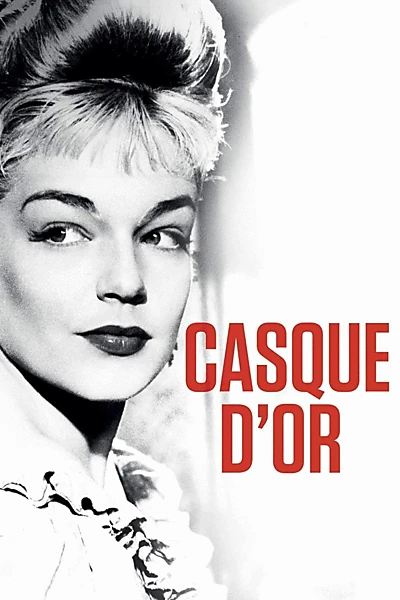
Casque d'Or (1952)
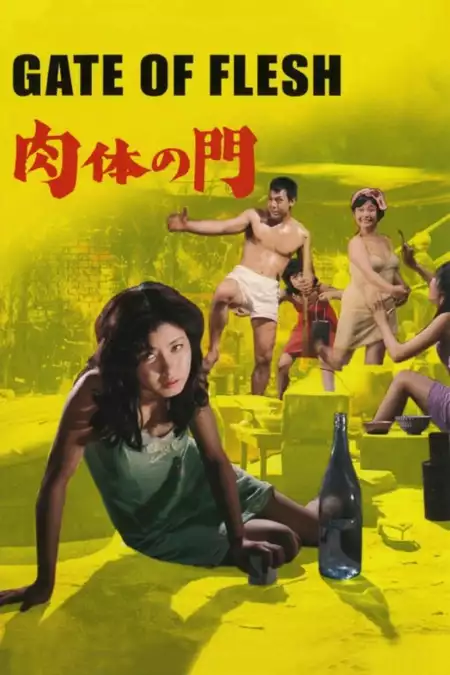
Gate of Flesh (1964)
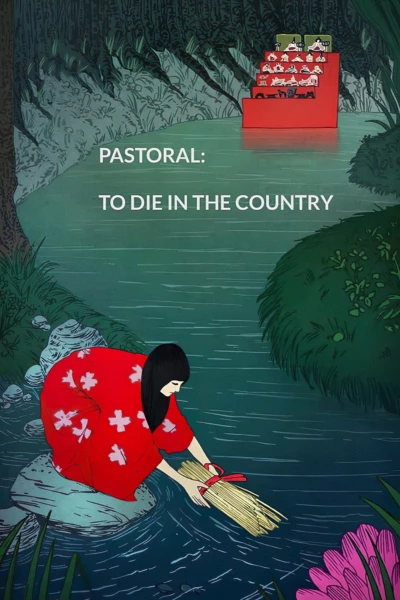
Pastoral: To Die in the Country (1974)
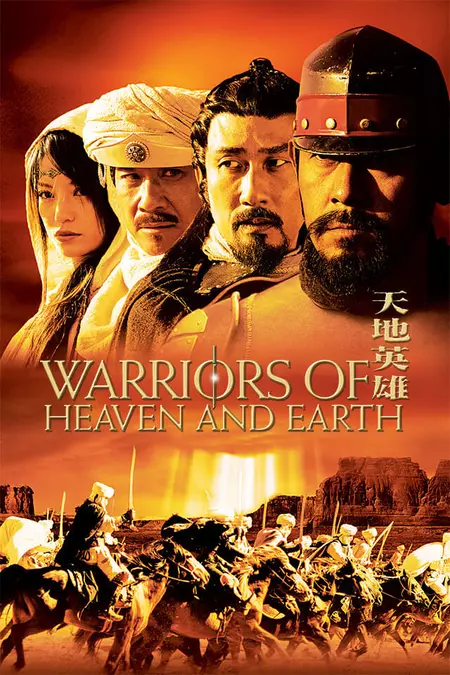
Warriors of Heaven and Earth (2003)
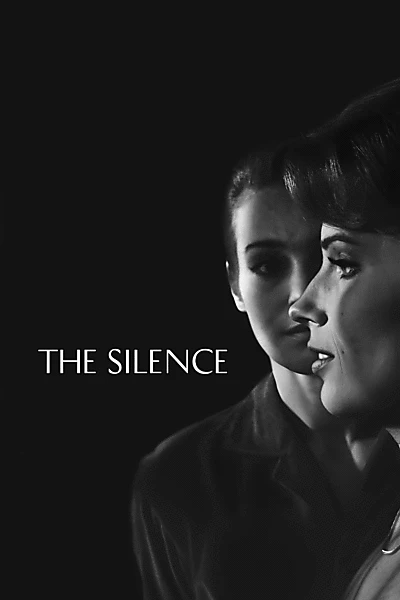
The Silence (1963)
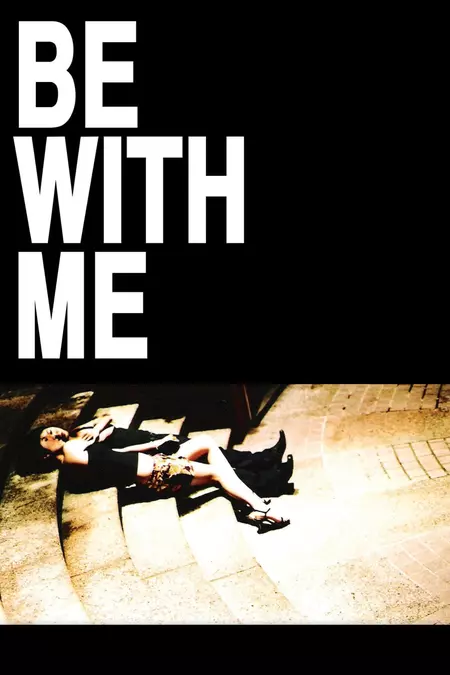
Be with Me (2005)
